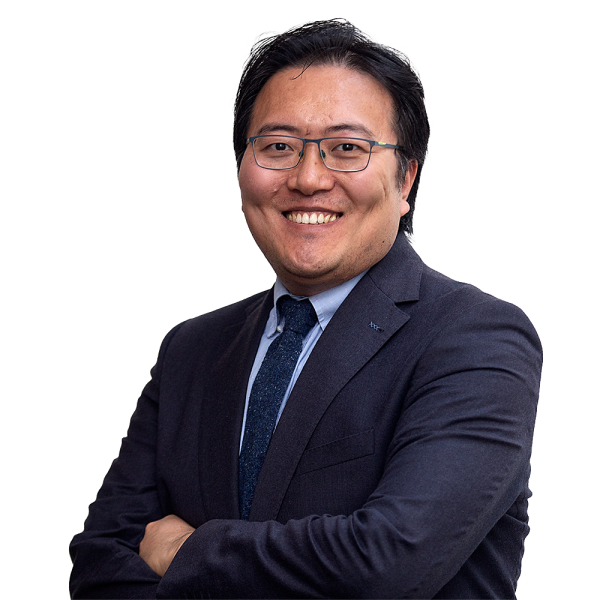Scientific research visa: a "golden" visa for talented researchers

As the European Court of Justice holds in one of its recent cases, "the aim of Directive 2016/801 is to promote Europe as a world centre of excellence for studies by improving and simplifying the ‘conditions for entry and residence of those who wish to come to the Union for those purposes." Pursuant to the EU Directive 2016/801, a third-country national can obtain a scientific research ("wetenschappelijk onderzoek") visa, if they carry out a research activity.
Aio, promovendus and self-funded PhD student
Traditionally speaking, in the Netherlands, a PhD student used to be called an assistant in training ("assistent in opleiding" in Dutch; abbreviated as "aio"). This job title has been replaced by the phrase "promovendus", meaning that one is hoping to be "promoted" to a Doctor of Philosophy (PhD). A "promovendus" normally receives a monthly salary from a Dutch university. Such paid "promovendi" positions can be found, for example, on the site of Academic Transfer. As one can imagine, there can be fierce competition for (some of) these paid PhD positions.
Over the last several years, it has become more common that a PhD student receives a scholarship rather than a salary from a research institute. Moreover, some PhD students are also willing to self-fund their own research projects, without asking for a penny from the university. Standing in contrast to those paid PhD positions, it may be easier for a talented student to find a self-funded PhD opportunity. In accordance with article 7 and 8 of the EU Directive 2016/801, a foreign researcher can receive a scientific research visa, when they prove that they will "have sufficient resources to cover subsistence costs without having recourse to the Member State's social assistance system." As the EU Directive says, the funds can, amongst others, derive from "a grant, a scholarship or a fellowship, a valid work contract or a binding job offer or a financial undertaking by a pupil exchange scheme organisation, an entity hosting trainees, a voluntary service scheme organisation, or a host family etc."
Hosting agreement
When it comes to a (self-funded) research project, it is of great importance that the foreign researcher signs a hosting agreement with a recognized research institute. On the site of the IND, there is a list of recognized research institutions. The hosting agreement itself should contain certain terms and conditions (eg. the title or purpose of the research activity or the research area; and an undertaking by the third country national to endeavour to complete the research activity).
Benefits of the scientific research visa
The length of the scientific research visa is often tied to the length of the research project. Moreover, in the Netherlands, a scientific research visa is a visa of non-temporary nature, meaning that a scientific research visa holder can eventually ask for permanent residence and/or naturalization. Moreover, when holding a scientific research visa, one has unlimited access to the Dutch labour market, as the visa card itself mentions the labour market remark "employment allowed. work permit not required."
Contact
Should you have any questions about Dutch immigration or nationality issues, please feel free to contact Mynta Law.

Related articles
- Dutch student visa: everything that you need to know
- Introducing the Entry/Exit System: Are you ready for the EES?
- Removal of labour market restrictions for EU long term permit holders who study in the Netherlands
- Permanent residence and former international students who stayed outside the Netherlands during the COVID pandemic
- New parliamentary Act on IND inaction
- Netherlands Visa for Recent US University Graduates
- How Not To Transfer Your Main Residence - Everything Expats Should Know
- Payrolling Highly Skilled Migrants? Here are the pro's and con's
